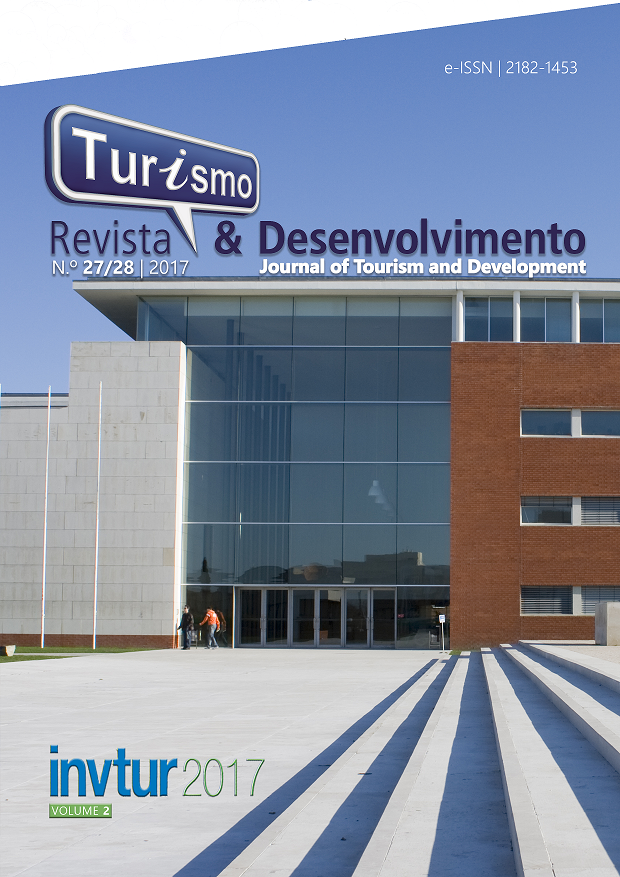Tourism Public Policy: an analyze of the leisure programs from the tourism official organization in Sao Paulo City
Abstract
The goal of this article is to present an analysis of the public policies of tourism developed by São Paulo Turismo, official tourism and events organization of the São Paulo city, largest metropolis and economic center of Brazil. The focus of the research was to analyze the leisure programs and activities that not only allow the visitors, but also the residents to know their own city. The discussion focuses on the need for tourism policies that stimulate a new look of the resident in his own city, being able to generate experiences that enable the achievement of higher levels of participation, critical and creative. The methodology used was a historical-organizational case study of São Paulo Turismo, with the application of focus interviews with the institution’s managers and structured interviews with residents of São Paulo. As a result, it was identified the need for more representative policies, considering the greatness of the city of São Paulo, and also decentralized policies, that can serve more remote areas of the municipality, as well as the importance of initiatives to enable the resident to appropriate fixed and flows of their city and overcoming the discomfort in spaces that, in the view of residents are only intended for tourists.





